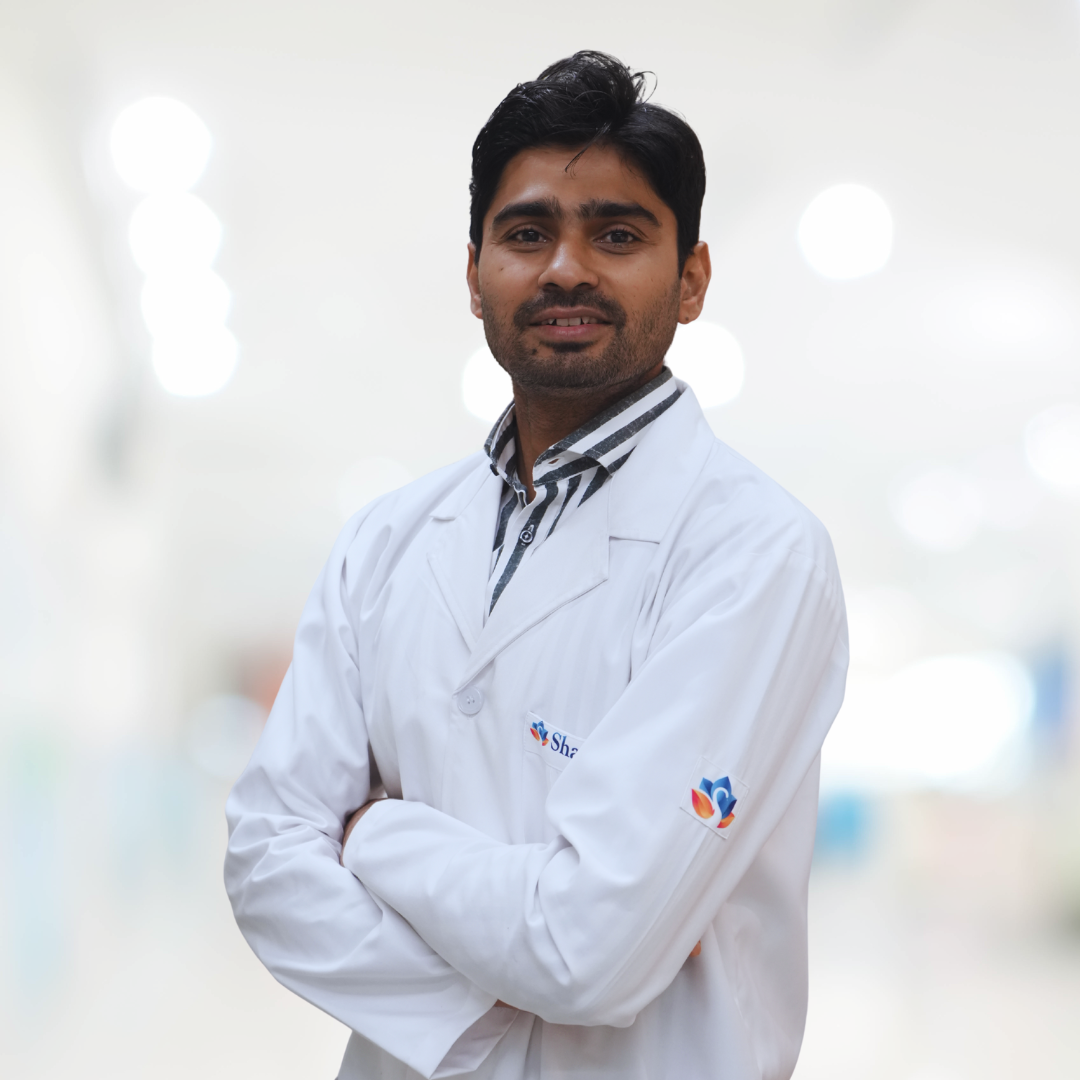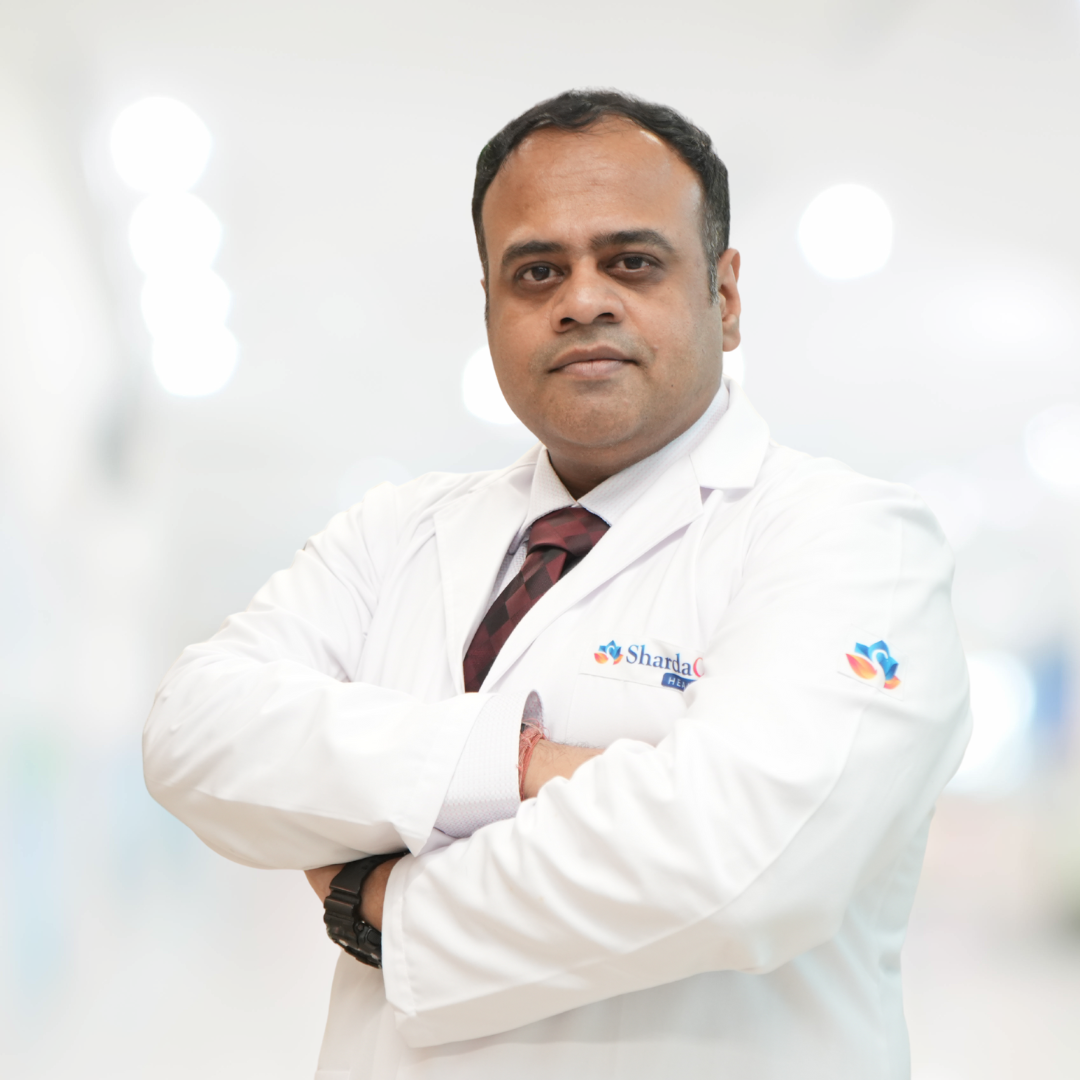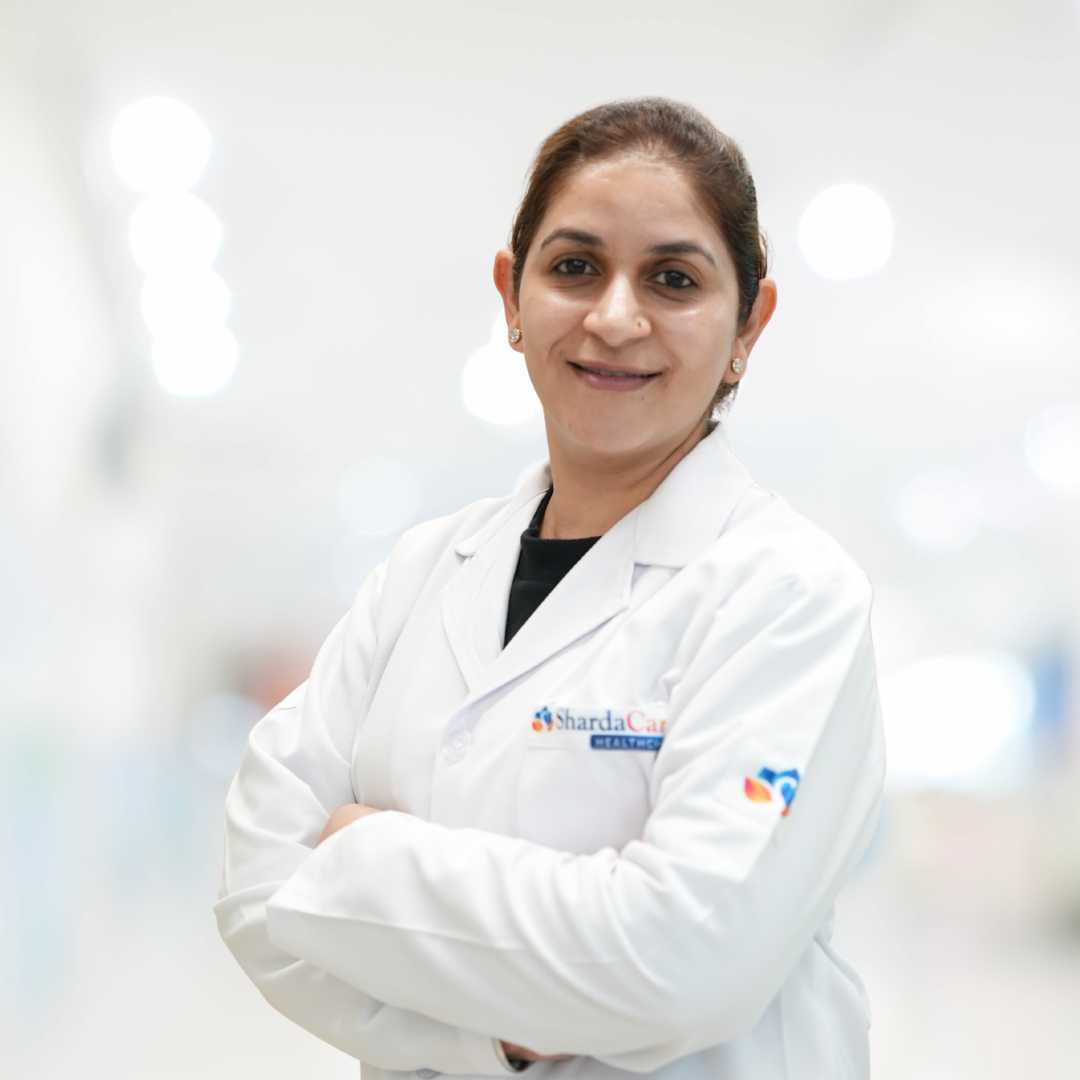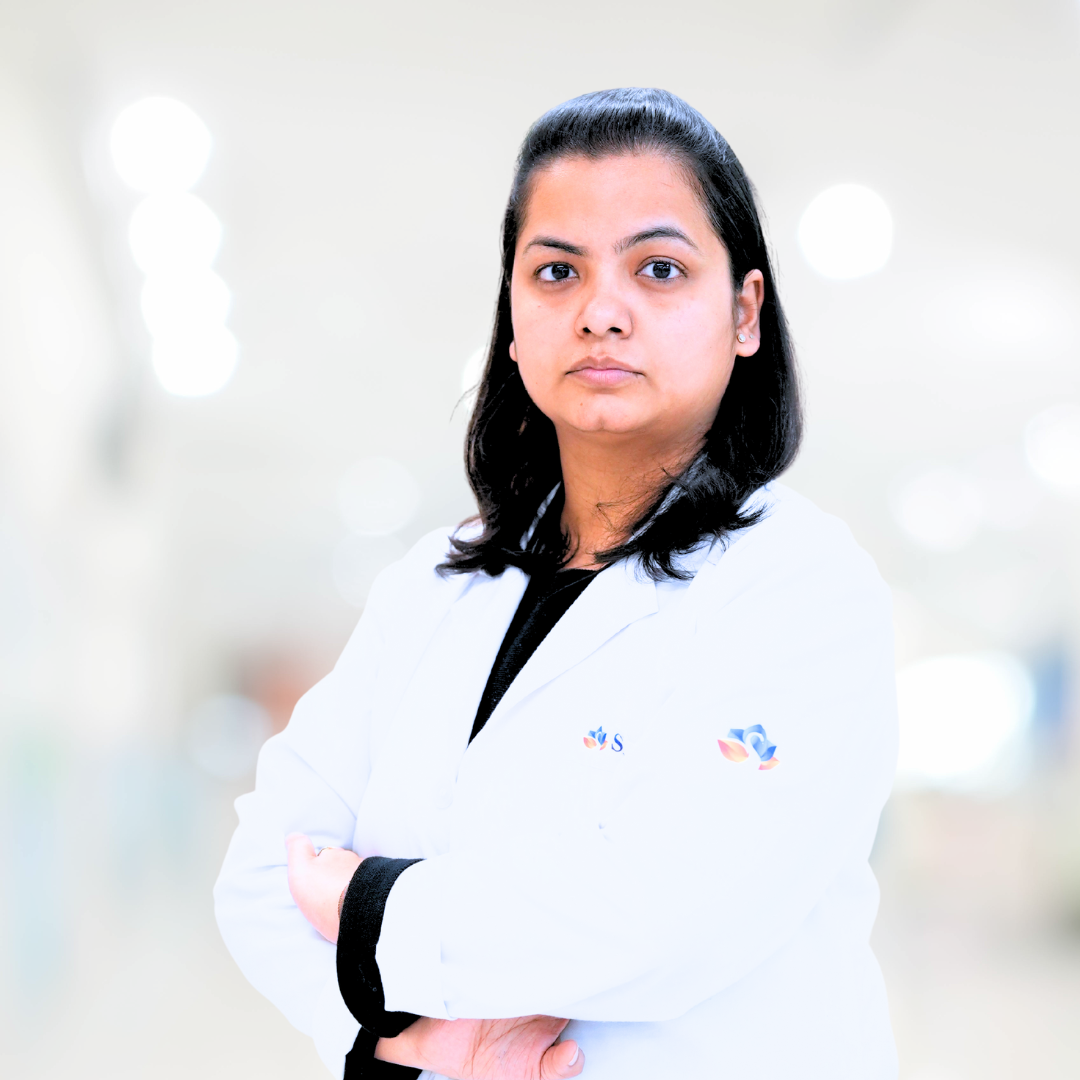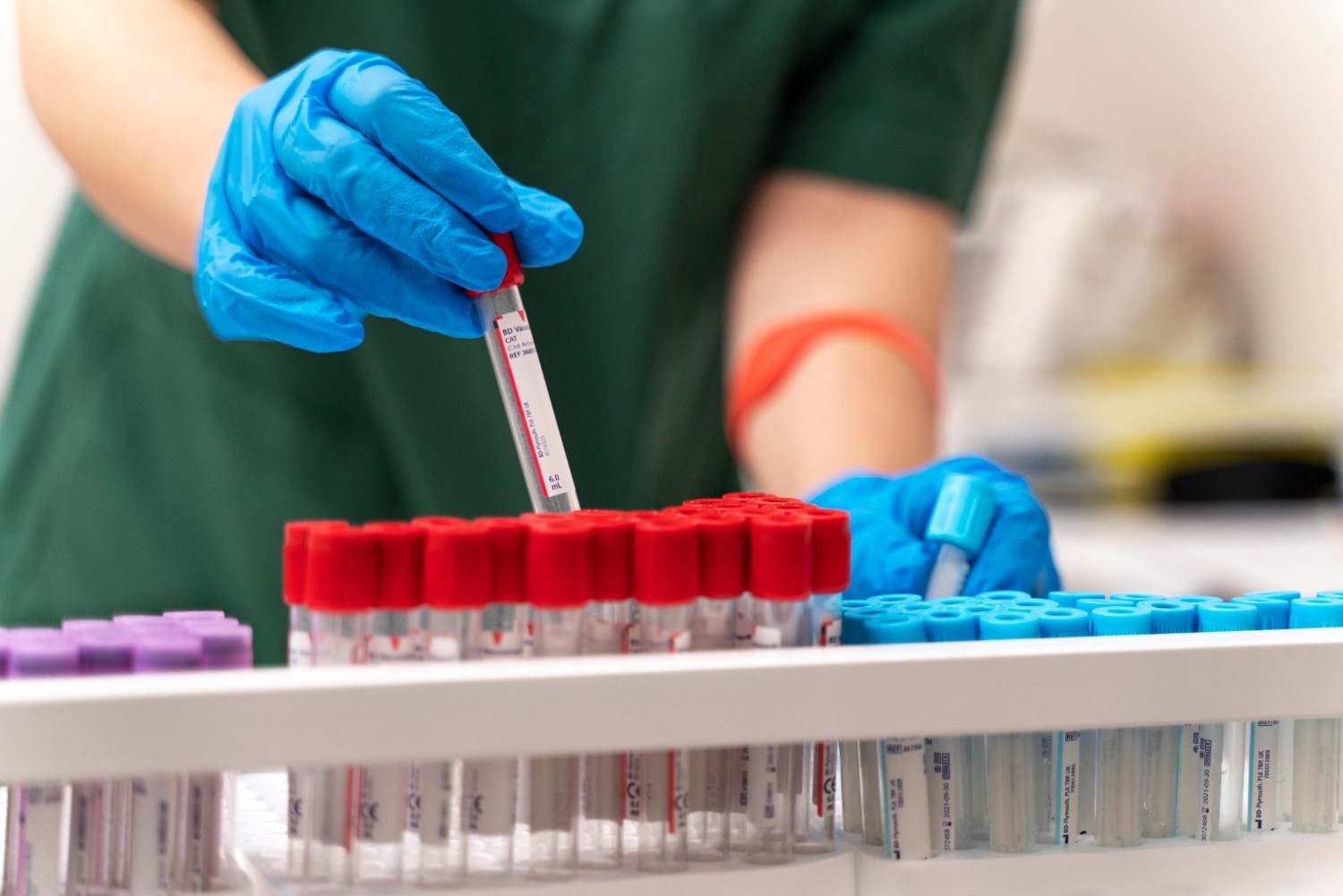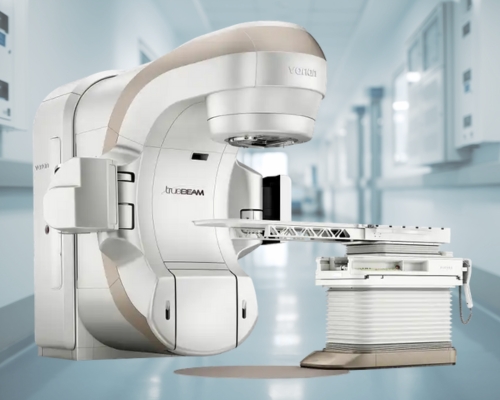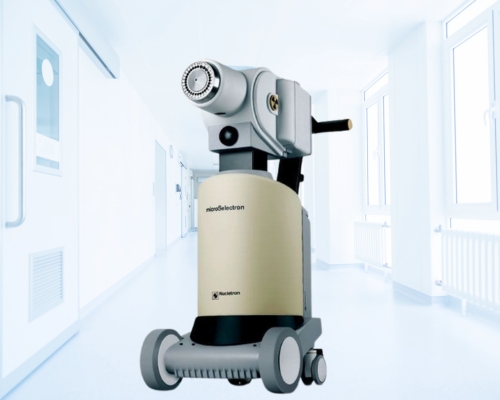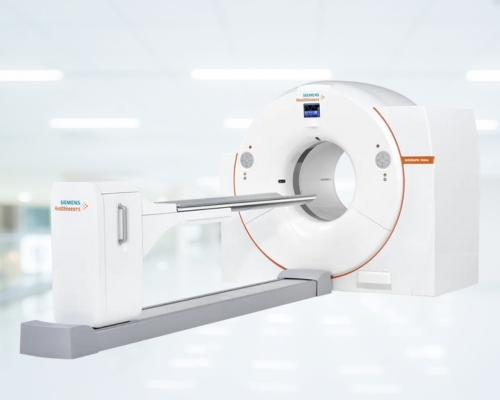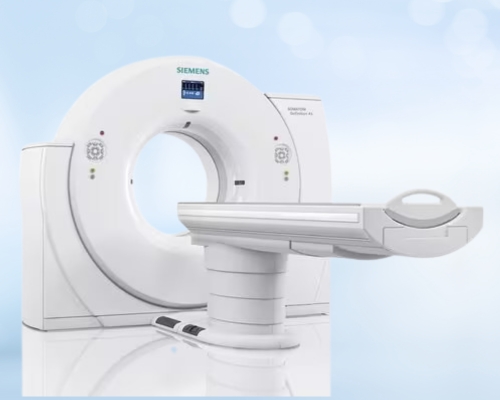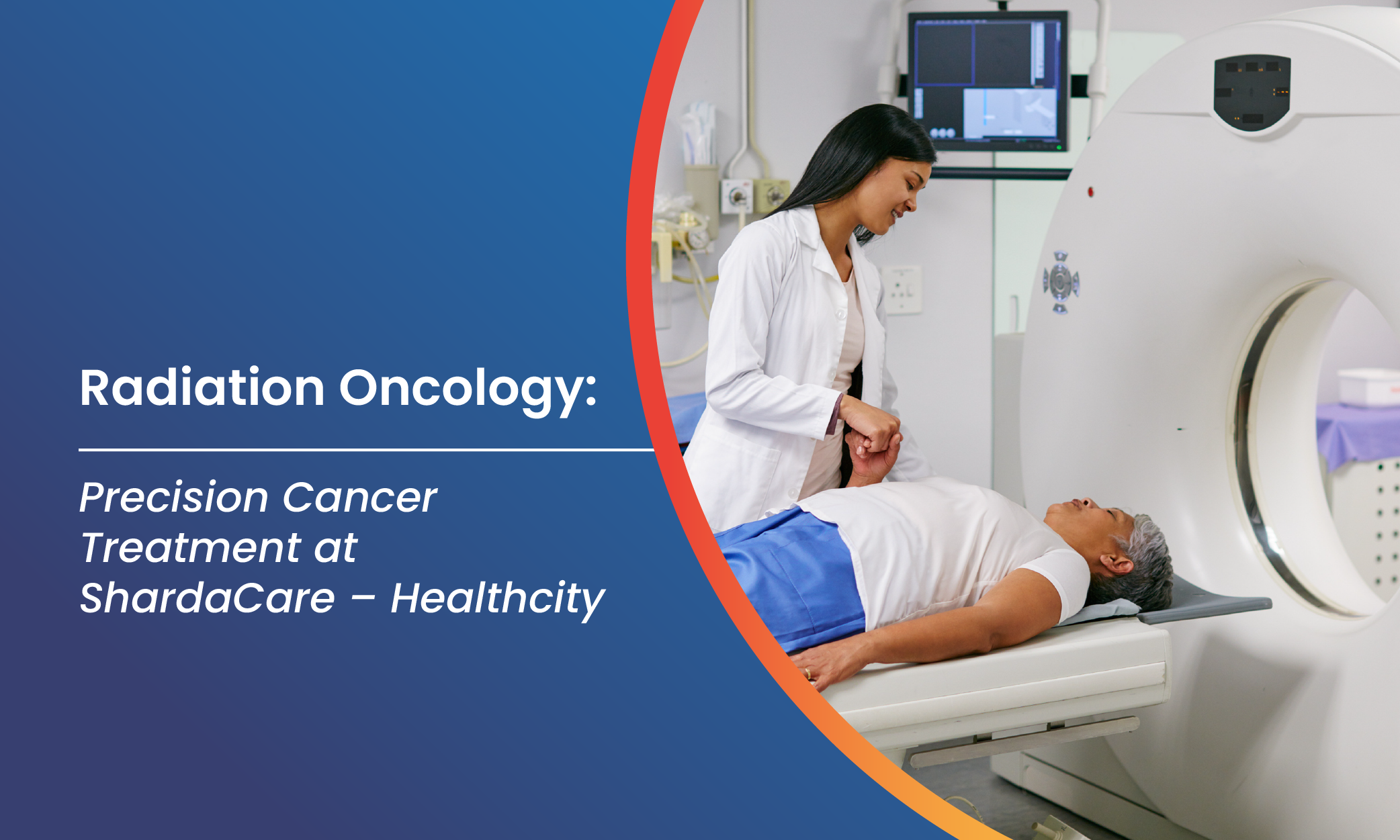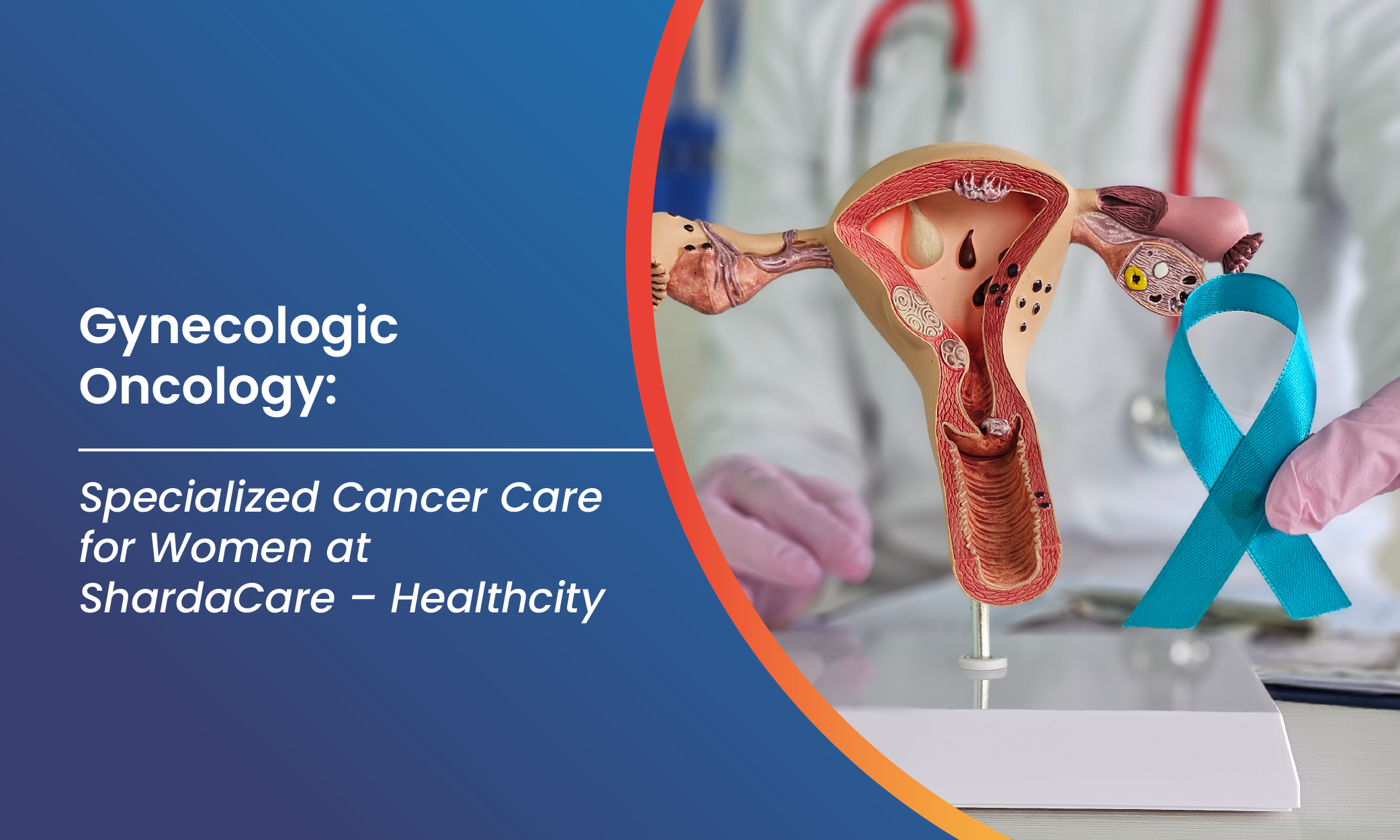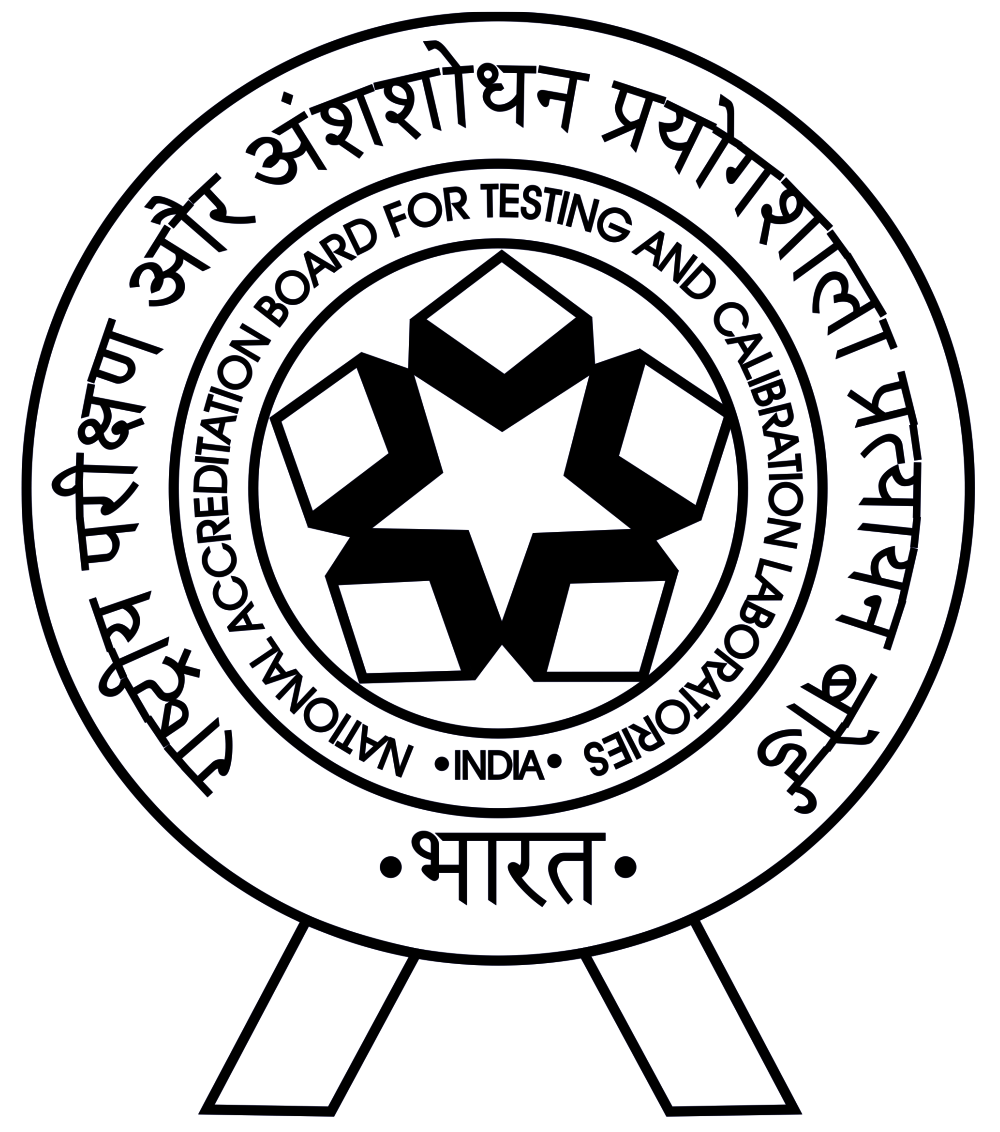
Gynecologic Oncology & Cancer Care for Women at ShardaCare – Healthcity
At ShardaCare - Healthcity, our Gynecologic Oncology department focuses on the early Screening, Diagnosis, and effective treatment of Cancers affecting the Female Reproductive Organs. Our team of Gynecologic Oncologists are dedicated healthcare professionals trained to address these specific conditions.
Within the Department of Gynecological Oncology, we offer an integrated approach to the prevention, early detection, diagnosis, and management of cancerous and precancerous conditions related to the Female Reproductive System. Our highly skilled teams, supported by a multidisciplinary Tumour Board, employ a comprehensive and multidisciplinary approach to caring for women with Gynecological Cancers.
With a commitment to personalized care and utilizing the latest advancements in Oncology, we strive to provide the best possible outcomes for our patients battling Gynecological Cancers at ShardaCare - Healthcity.
Symptoms of Gynaecologic Cancers
- Unusual Vaginal Bleeding or Discharge, except for Vulvar Cancer.
- Feeling full quickly, difficulty Eating, Bloating, and Abdominal or Back Pain, often associated with Ovarian Cancer.
- Pelvic Pain or Pressure, which can occur with Ovarian and Uterine Cancers.
- Increased frequency of Urination and Constipation, typically seen with Ovarian and Vaginal Cancers.
- Burning, Itching, Pain, or Tenderness of the Vulva, along with changes in Vulva Color or Skin, such as Rash, Sores, or Warts, are indicative of Vulvar Cancer.
Types of Gynecologic Cancers:
- Cervical Cancer: This Cancer develops in the Cervix, the entrance to the womb from the Vagina. It ranks as the fourth most common Cancer in women worldwide.
- Ovarian Cancer: Ovarian Cancer forms malignant Tumours in the Tissues of the Ovaries.
- Uterine Cancer: This Cancer occurs when healthy Cells in the Uterus undergo Abnormal growth, forming Tumours. It includes two main types: Endometrial Cancer, which is more common, and Uterine Sarcoma, which is rare.
- Gestational Trophoblastic Disease (GTD): GTD encompasses a range of rare conditions where Abnormal Trophoblast Cells develop in the womb after conception.
- Vaginal Cancer: Vaginal Cancer arises when Abnormal Cells in the Vagina grow uncontrollably.
- Vulvar Cancer: This rare condition typically affects Postmenopausal Women, involving Abnormal Cell growth in the Vulva.
Treatment Options for Gynecologic Cancers:
- Surgery: Doctors remove Cancerous Tissue through various Surgical procedures, including Staging, Debulking, and Radical Hysterectomy, Omentectomy, and Lymph node removal.
- Cytoreductive Surgery for Ovarian Cancer: This Surgery is the primary treatment for advanced Ovarian Cancer.
- Robot-Assisted Hysterectomy: Surgeons use Robotic Arms to remove the Uterus, offering a minimally invasive approach.
- Chemotherapy: Special medications are used to shrink or kill Cancer Cells. These drugs can be taken Orally or through Intravenous Infusion.
- Hyperthermic Intraperitoneal Chemotherapy (HIPEC): This surgical procedure is a promising treatment for Abdominal Cancers.
- Radiation Therapy: High-energy rays, such as X-rays, are used to destroy Cancer Cells.
- Video Endoscopic Inguinal Lymphadenectomy (VEIL): This minimally invasive technique is used to treat Vulvar Cancer.
Looking for an Expert
ShardaCare - Healthcity is home to some of the eminent Doctors in the world.
Book an AppointmentOur Medical Experts
Related Specialties
Technology
Varian TrueBeam Linear Accelerators (LINAC)
ShardaCare - Healthcity introduces Varian Truebeam LINAC, revolutionizing cancer care with pinpoint accuracy in radiation therapy for tailored treatment plans.
Varian HDR Brachytherapy Machine
ShardaCare - Healthcity brings the Varian HDR Brachytherapy Machine, empowering personalised cancer treatment with high-dose rate therapy for localised tumours.
Siemens Healthineers PET CT Scan
Welcome to advanced diagnostics at ShardaCare - Healthcity with Siemens Healthineers PET CT Scan, offering unparalleled imaging precision for comprehensive disease assessment.
GE 256 Slice CT-Scan
Enhance diagnostic capabilities at ShardaCare - Healthcity with GE 256 Slice CT-Scan, providing exceptional image clarity for precise medical evaluation.



